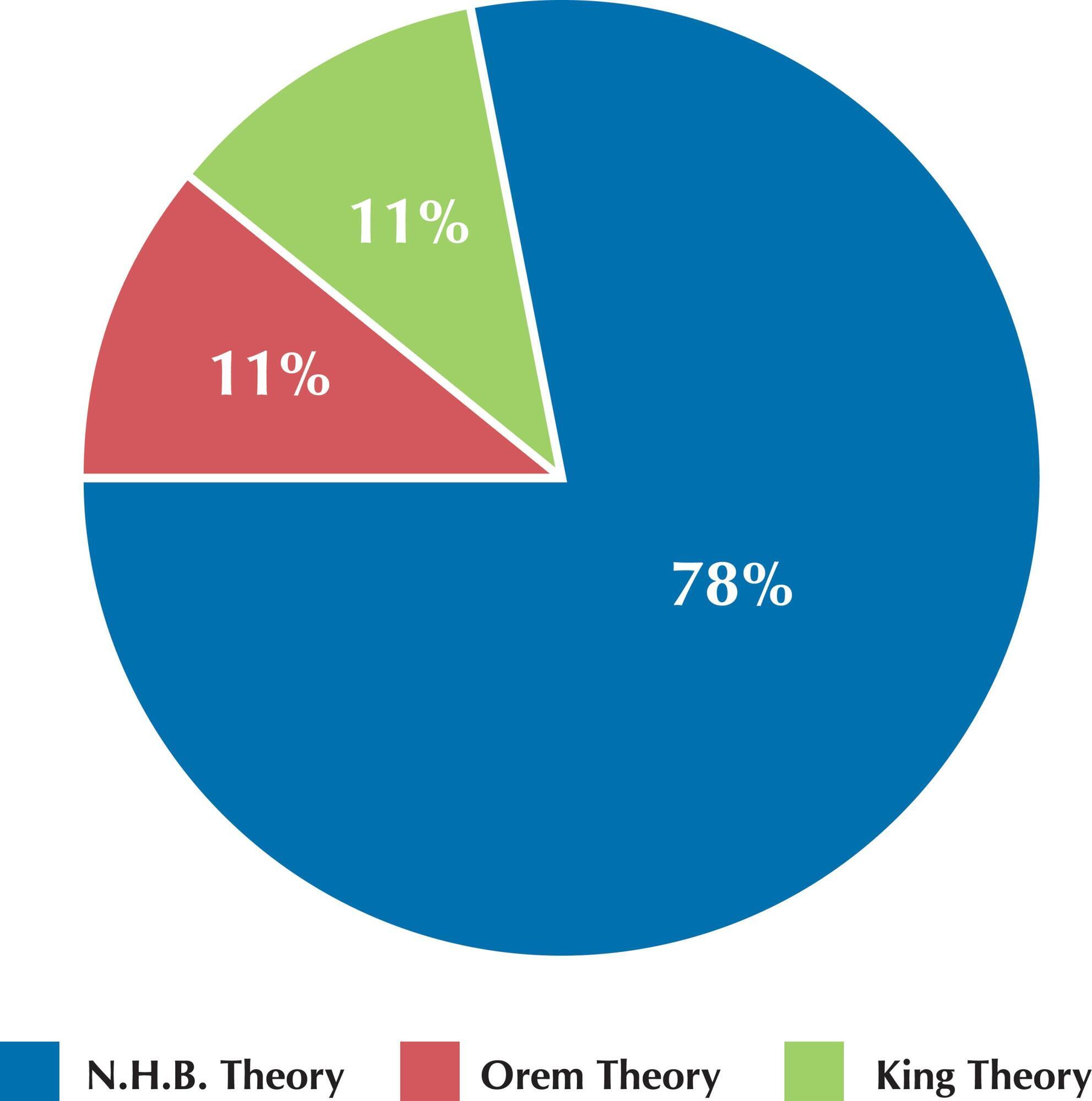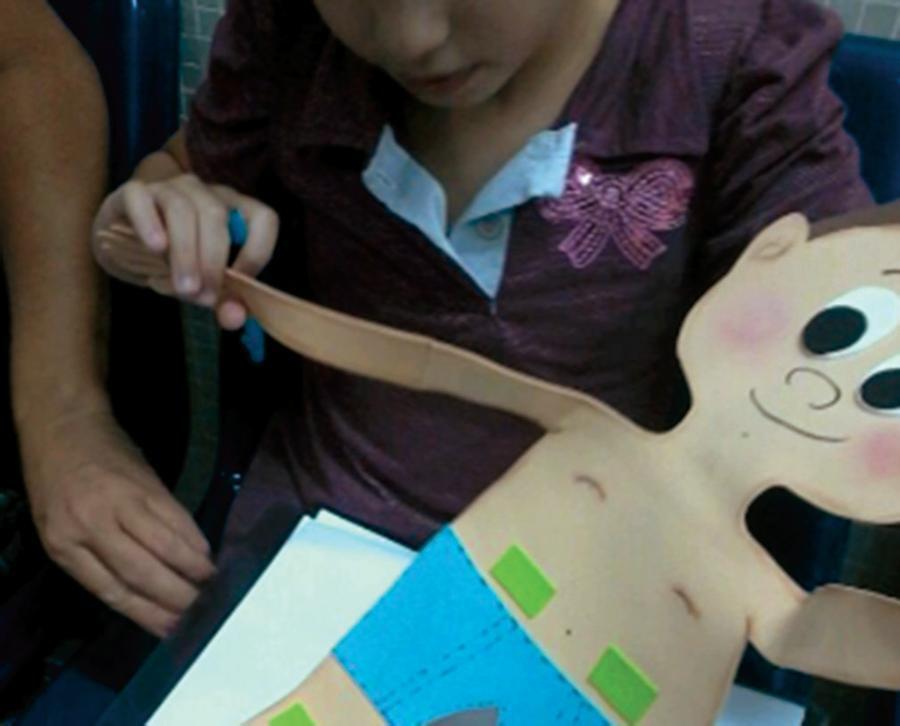-
RESEARCH01-01-2018
The adolescent and the institutionalization: understanding the phenomenon and meanings attributed to it
Revista Brasileira de Enfermagem. 2018;71:1373-1380
Abstract
RESEARCHThe adolescent and the institutionalization: understanding the phenomenon and meanings attributed to it
Revista Brasileira de Enfermagem. 2018;71:1373-1380
DOI 10.1590/0034-7167-2017-0242
Views1See moreABSTRACT
Objective:
To understand the meaning of being institutionalized and in conflict with the law for the institutionalized adolescent.
Method:
A qualitative, phenomenological-comprehensive study carried out in a Socio-educational Service Foundation in the northern region of Brazil, with 05 institutionalized adolescents. The analysis was carried out under the understanding of the content suggested by Heidgger, thus allowing the construction of analytical categories for a hermeneutical interpretation.
Results:
Conflicting with the law means something negative and bad for the institutionalized adolescents, in which they understand that although there is deprivation of liberty, the period of hospitalization is an important moment for the reflection on the need to start over.
Conclusion:
The meaning of conflicting with the law goes far beyond a simple word, act or behaviour, it is something that only those who experience the phenomenon are able to unveil, arouse deep feelings and provide reflection to the adolescent about the damages caused by the infraction.
-
RESEARCH01-01-2018
Assessment of the essential attributes of Primary Health Care for children
Revista Brasileira de Enfermagem. 2018;71:1366-1372
Abstract
RESEARCHAssessment of the essential attributes of Primary Health Care for children
Revista Brasileira de Enfermagem. 2018;71:1366-1372
DOI 10.1590/0034-7167-2017-0569
Views0See moreABSTRACT
Objective:
To identify the presence and extent of essential attributes in primary health care services for children, focusing on the evaluation of structure and process.
Method:
Evaluative, quantitative study carried out in 23 traditional basic health units in a city in Parana State, with 548 caregivers of children under 12 years old, using the Primary Care Assessment Instrument (PCATool Brazil), child version. Essential and general scores of the primary care were calculated according to the methodology proposed, with a cut-off score ≥6.6.
Results:
The scores of the essential attributes in relation to structure are: Accessibility (5.5), Kinship (6.9), Integrality of care – Services Available (6.0) and Coordination – System information (7.4). As for the Process, the following results were obtained: First visit – Use (8.6), Longitudinally (6.1), Integrality – Services Provided (6.1) and Coordination – Integration of Care (6.9).
Conclusion:
The essential score was 6.6 and the general score was 6.3, showing weak focus on primary health care.
-
RESEARCH01-01-2018
Sleep and salivary cortisol in preterm neonates: a clinical, randomized, controlled, crossover study
Revista Brasileira de Enfermagem. 2018;71:1358-1365
Abstract
RESEARCHSleep and salivary cortisol in preterm neonates: a clinical, randomized, controlled, crossover study
Revista Brasileira de Enfermagem. 2018;71:1358-1365
DOI 10.1590/0034-7167-2017-0546
Views0See moreABSTRACT
Objective:
Analyze the influence of ear protectors on the baseline levels of salivary cortisol and response and total sleep time of preterm neonates during two periods of environmental management of a neonatal intermediate care unit.
Method:
A clinical, randomized, controlled and crossover study conducted with 12 preterm neonates. The use of ear protectors was randomized in two periods. Sleep evaluation was performed using one Alice 5 Polysomnography System and unstructured observation.
Results:
No significant difference was observed between the baseline levels of salivary cortisol and response in preterm neonates from the control and experimental groups, and no statistical significance was observed between the total sleep time of both groups. No relationship was observed between the baseline levels of cortisol and response and total sleep time.
Conclusion:
Ear protectors in preterm neonates did not influence the salivary cortisol level and total sleep time in the studied periods.
-
RESEARCH01-01-2018
Reflections of nurses in search of a theoretical framework for maternity care
Revista Brasileira de Enfermagem. 2018;71:1351-1357
Abstract
RESEARCHReflections of nurses in search of a theoretical framework for maternity care
Revista Brasileira de Enfermagem. 2018;71:1351-1357
DOI 10.1590/0034-7167-2016-0525
Views0See moreABSTRACT
Objective:
To define a theoretical framework to guide the systematization of nursing care in a maternity unit in the South of Brazil.
Method:
This was the preliminary stage of a qualitative methodological study, based on an educational activity and the assumptions of Paulo Freire, involving 15 nurses, between August and November 2015. The aim of data analysis was to identify emerging themes.
Results:
The following themes emerged: knowledge of nurses about nursing theories; barriers to implementing and systematizing nursing care; the importance of a framework to guide practice and; educational activities as opportunities to systematize nursing care.
Conclusion:
The discussion process involved in establishing the theoretical framework enabled reflections about nursing practices, reinforcing the importance of theoretical frameworks to guide work processes and enhance quality of care.

-
RESEARCH01-01-2018
Pain in the immediate puerperium: nursing care contribution
Revista Brasileira de Enfermagem. 2018;71:1343-1350
Abstract
RESEARCHPain in the immediate puerperium: nursing care contribution
Revista Brasileira de Enfermagem. 2018;71:1343-1350
DOI 10.1590/0034-7167-2017-0345
Views0See moreABSTRACT
Objective:
to analyze the contribution of clinical nursing care to the mother who has recently given birth with immediate postpartum pain based on the Kolcaba’s Theory of Comfort.
Method:
qualitative study by the research-care method. Three nurses, who provided care for women in the immediate puerperium as caregiver-researchers and 30 postpartum women, were admitted to a public maternity hospital. A semi-structured interview was used for data collection, from which the thematic analysis of the content was carried out.
Results:
nursing care with influences from the biomedical model was observed, but it expresses concern when being cared for. It offers administration of medications, guidelines and non-pharmacological measures for pain relief.
Final considerations:
nursing care based on the Theory of Comfort contributed to pain relief in the immediate puerperium.
-
RESEARCH01-01-2018
Instructional therapeutic toy in the culture care of the child with diabetes type 1
Revista Brasileira de Enfermagem. 2018;71:1334-1342
Abstract
RESEARCHInstructional therapeutic toy in the culture care of the child with diabetes type 1
Revista Brasileira de Enfermagem. 2018;71:1334-1342
DOI 10.1590/0034-7167-2017-0260
Views0See moreABSTRACT
Objective:
To analyze the experience of the child with diabetes type 1 in the care related to the techniques of glycemic monitoring and insulin application by use of instructional therapeutic toy, in accordance with the culture care.
Method:
Qualitative study with premise of the ethnonursing carried out in secondary public service of reference in the treatment of diabetes, in the city Fortaleza, Ceará State, between January and November of 2014, among 26 school-age children. Based on the Observation, Participation, Reflection Enabler, were developed educational activities using instructional therapeutic toy.
Results:
The children expressed doubts regarding the insulin therapy and the glycaemia checking. They also were interested in the orientations mediated by means of the therapeutic toy in the culture care. They asked about the rotation, location and administration of the insulin. Some children asked for the syringes to play and learn how to inject it in the dolls.
Conclusion:
To bring in this activity promoted approximation and effective communication with the child in the educational approach, increasing its ability in the self care.

-
RESEARCH01-01-2018
Permanent Education in a neonatal unit from Culture Circles
Revista Brasileira de Enfermagem. 2018;71:1328-1333
Abstract
RESEARCHPermanent Education in a neonatal unit from Culture Circles
Revista Brasileira de Enfermagem. 2018;71:1328-1333
DOI 10.1590/0034-7167-2016-0587
Views0See moreABSTRACT
Objective:
to identify the factors that hinder and facilitate the work of the nursing team in a neonatal unit and to know the demands of Permanent Education described by the nursing team, emerging from the daily care.
Method:
qualitative study that followed the steps recommended by the “Paulo Freire’s Method” carried out with 29 professionals of the nursing team of a neonatal unit of a university hospital. Three Culture Circles were carried out to identify the generating themes.
Results:
The themes generated were organized according to the issues covered in the interviews and during the Culture Circles, with four themes being highlighted: lack of routines; training; improvement of coexistence of the team and improvement of management process.
Final considerations:
The study made it possible to know the factors that hinder and facilitate the routine practice of nursing professionals by identifying the emergent themes of the Culture Circles that favored the critical reflection of the group, generating subsidies for the collective elaboration of the Permanent Education program in neonatal unit.
-
RESEARCH01-01-2018
Existential experience of children with cancer under palliative care
Revista Brasileira de Enfermagem. 2018;71:1320-1327
Abstract
RESEARCHExistential experience of children with cancer under palliative care
Revista Brasileira de Enfermagem. 2018;71:1320-1327
DOI 10.1590/0034-7167-2016-0493
Views0See moreABSTRACT
Objective:
To understand the existential experience of children with cancer under Palliative Care from the Humanistic Nursing Theory’s point of view.
Method:
This is a field and qualitative research, in which eleven children participated, supported by the Support Centre for Children with Cancer in Paraíba State. To collect data it was used the Story Drawing Procedure. The data were qualitatively analyzed based on Humanistic Nursing Theory.
Results:
From the analysis of the empirical study’s subject, the following thematic categories have emerged: children experiencing fear, sadness, anguish and insecurity in the face of their diagnosis and children experiencing fear of their family falling apart because of the possibility of dying.
Conclusion:
It is fundamental the participation of nurses in the Palliative Care to the children with cancer in order to strengthen the trust between the children and the professional to have the relationship of dialogue as central axis.
Search
Search in:
Nuvem de Tags
Enfermagem (930)Cuidados de Enfermagem (269)Atenção Primária à Saúde (239)Idoso (208)Educação em Enfermagem (151)Segurança do Paciente (150)Saúde Mental (145)Educação em Saúde (139)Estudos de Validação (131)Qualidade de Vida (104)Tecnologia Educacional (100)Promoção da Saúde (99)COVID-19 (91)Criança (91)Família (87)Enfermagem Pediátrica (86)Saúde do Trabalhador (86)Adolescente (85)Saúde Pública (82)Estudantes de Enfermagem (77)









